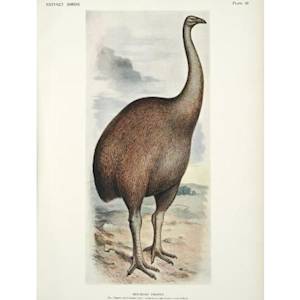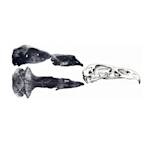Northern bald ibis
2022 CE • Syria
"In former centuries, the [Northern bald ibis] occurred widely in northern and eastern Africa, Asia Minor, Arabia, and parts of Europe. The ancient Egyptians revered the northern bald ibis as an afterworld divinity, and its likeness can clearly be seen in hieroglyphs dating back thousands of years. Today, however, all that’s left of the northern bald ibis is a small population of around 600 wild birds in Morocco, a semi-wild population — dependent on captive breeding — of about 200 individuals in southern Turkey, and perhaps a few individuals in East Africa. A tiny remnant population in Syria, numbering seven individuals, was discovered in 2002. But that population dwindled to a single bird in 2014, and an expert on the northern bald ibis in the Middle East says the bird is now extinct in Syria . . . Today, the northern bald ibis is in such a precarious state that the global zoo population, with 1,600 birds, is larger than the wild one." The species declined primarily as a result of centuries of "habitat loss, poaching, or other forms of human depredation." There are currently several rigorous species reintroduction programs aimed at re-establishing the range of the ibis, but the species is still critically endangered and mostly isolated to a subpopulation in Morocco.
Christian Schwägerl, "After a 400-Year Absence, A Rare Ibis Returns to European Skies," Yale Environment 360, July 16, 2018.
Image: Cloudtail the Snow Leopard via Flickr, Attribution-NonCommercial-NoDerivs 2.0 Generic (CC BY-NC-ND 2.0)
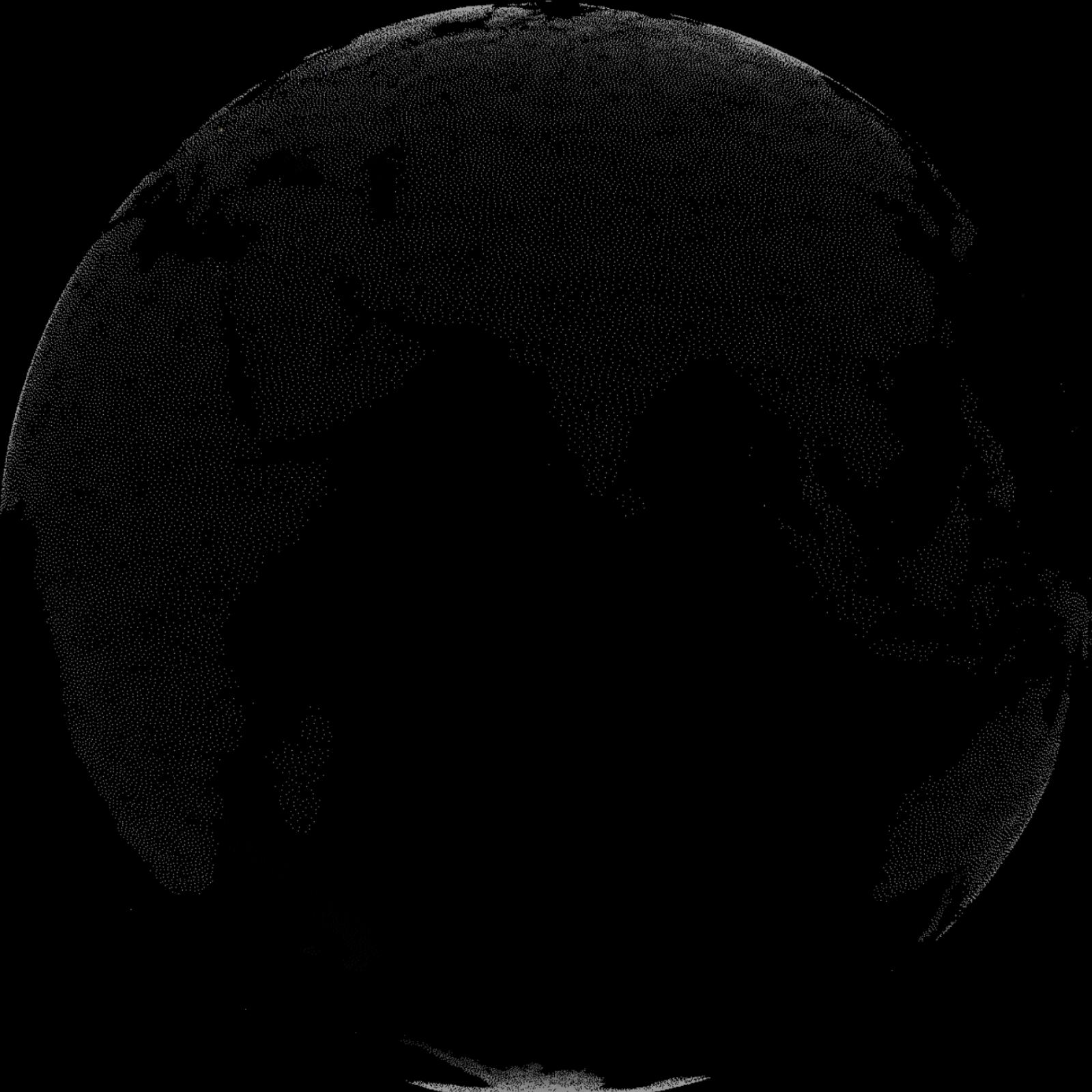

Learn about Maya Lin’s fifth and final memorial: a multi-platform science based artwork that presents an ecological history of our world - past, present, and future.
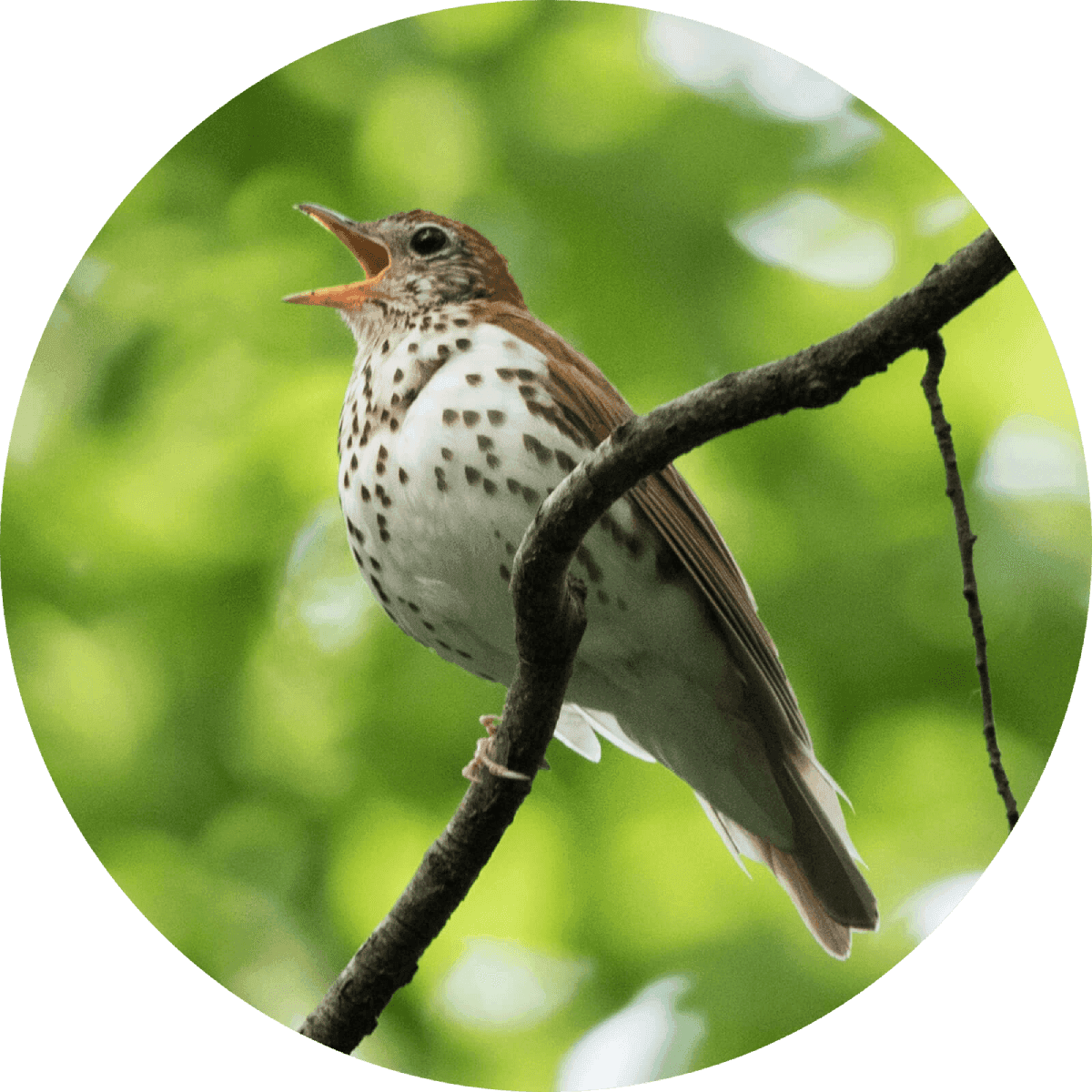
Discover ecological histories and stories of former abundance, loss, and recovery on the map of memory.
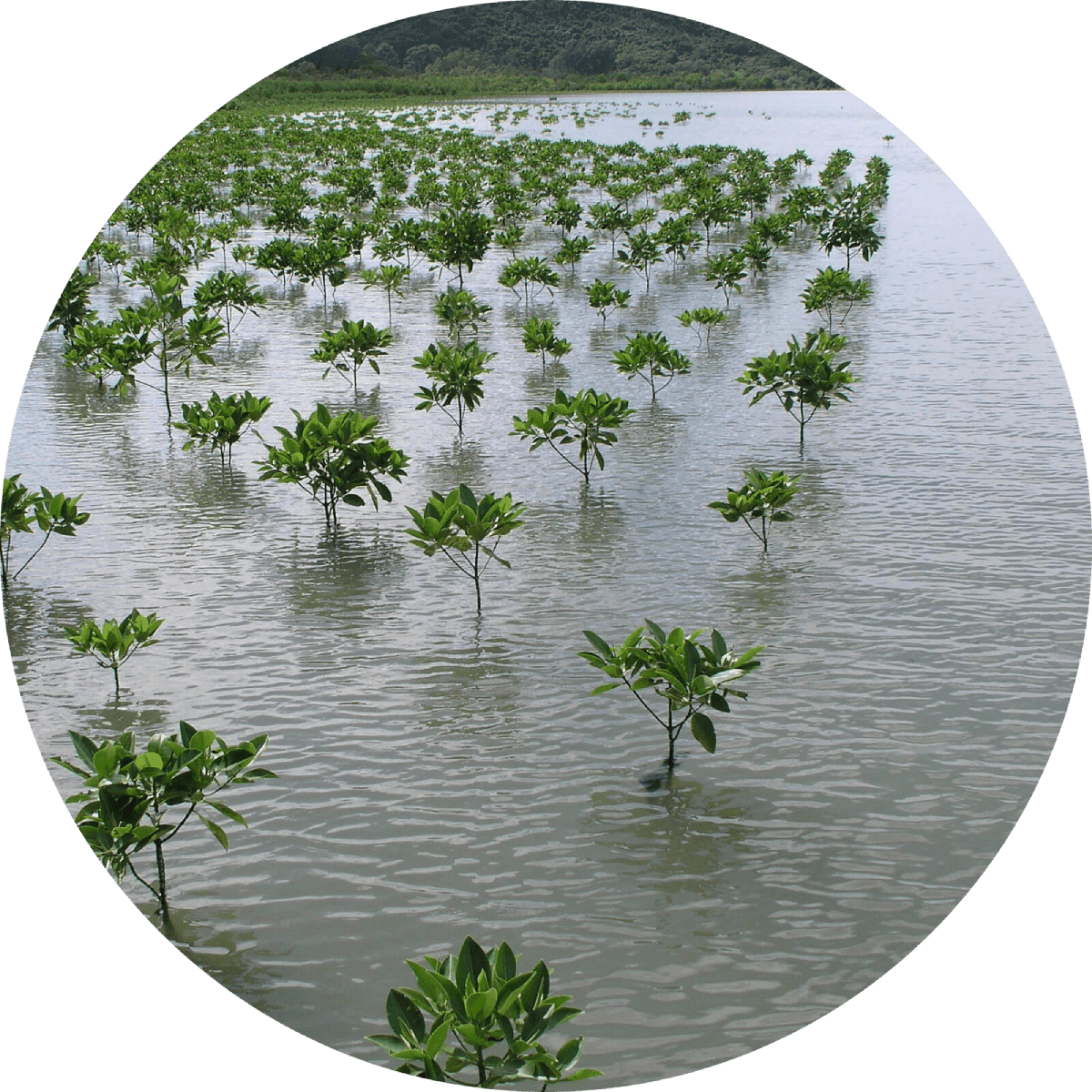
Learn how we can reduce our emissions and protect and restore species and habitats – around the world.

See how art can help us rethink the problems we face, and give us hope that each one of us can make a difference.

Help make a global memorial something personal and close to home. Share your stories of the natural world.
